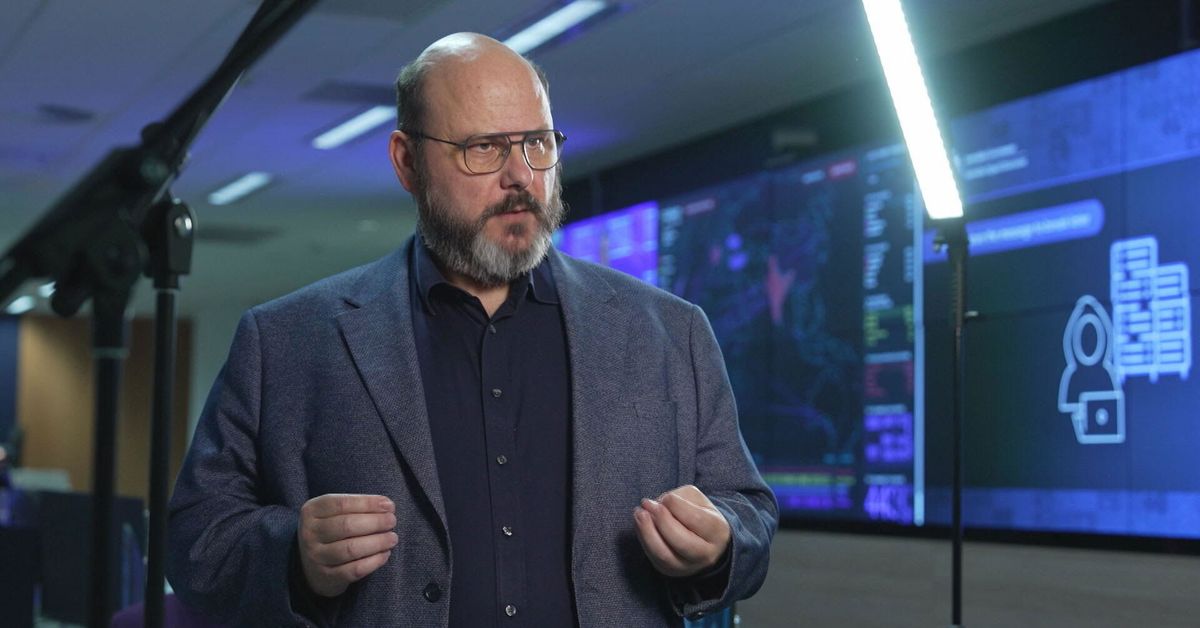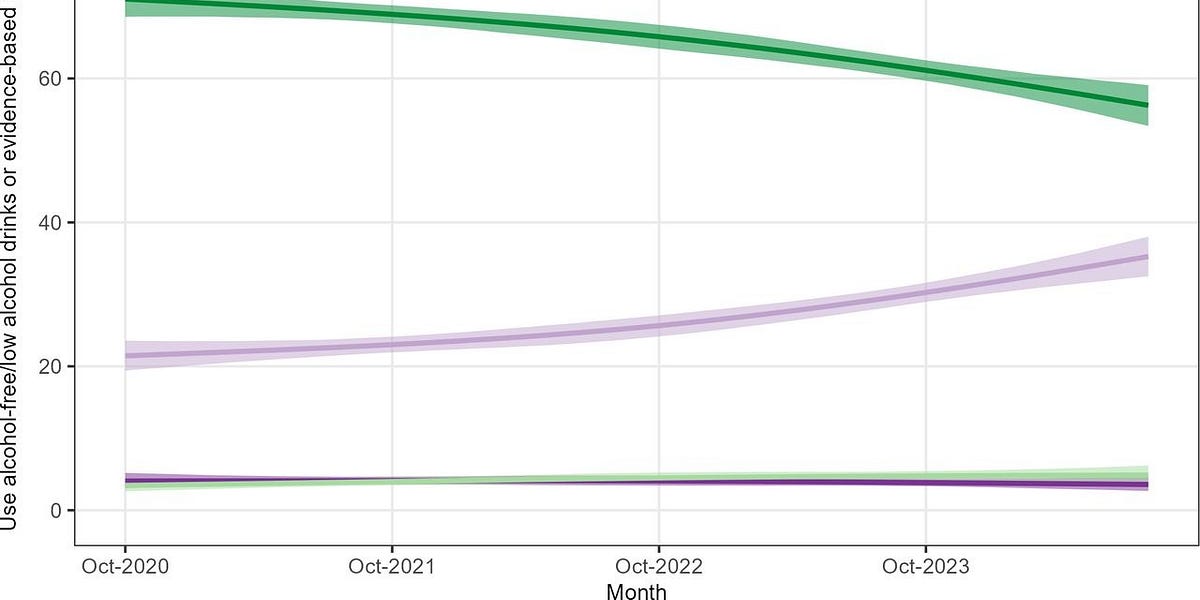The John Locke Lectures are among the world's most distinguished lecture series in philosophy. The Lockes began in 1950, funded by a generous bequest from Henry Wilde, and this list of past lecturers demonstrates that
many of the greatest philosophers since that point have visited Oxford as the Locke Lecturer.
Trinity Term 2025

Professor Richard Pettigrew (University of Bristol)
From a Point of View
How should we build the point of view that we take on the world—the point of view that includes our beliefs, our values, and perhaps also our attitudes to risk? And, once it is built, how should it evolve, how should we act in the light of it, and what
normative weight do our actions have when they are based on a point of view built in a particular way? Those are the questions that motivate these lectures, but before we can answer them, we must ask what populates the foundations of epistemic, practical,
and moral normativity. What is it that determines what we should believe, how we should form our desires, and how we should act on the basis of them? I'll present an inventory of these foundations that permits many different points of view: different
beliefs even for those with the same evidence; different values and different ways of forming them; and in certain situations—rare but important ones—different attitudes to risk. This permissiveness raises a number of problems. If other beliefs are
available and permissible, may I rationally switch from one to the other without anything that prompts that? When, from my current point of view, there is evidence I would rather not receive, as I now judge that it would mislead me, what should I
do if I nonetheless receive that evidence without choosing to? That's all on the epistemic side. But the permissiveness of my view raises questions on the practical and moral side as well. The way you form your values determines what normative
facts follow from them. When they are formed in certain ways, they cannot underpin genuine and effective consent, even if the values themselves are permissible. What are those ways, and why? What's more, we can change our desires across the course
of our life, remaining at all times within the realm of the permissible. How, then, are we to choose on our own behalf, and when can a choice made by the lights of my present values and against the wishes of my future values end up counting as a moral
wrong, rather than simply a prudential error?
The lectures will take place at 5pm on Wednesdays in weeks 1 to 6 of Trinity Term 2025.
Lectures 1 and 2 will be held at The HB Allen Centre, Keble College. A drinks reception will follow Lecture 1.
Lectures 3 to 6 will be held in the Philosophy Lecture Room, Radcliffe Humanities.
Lectures
30 April 'Nothing but the truth: accuracy, epistemic value, and epistemic rationality' (MP3) (Handout)
The first three lectures concern the epistemology of uncertain belief. In Lecture 1, I describe the nature and objects of uncertain beliefs, and I lay the groundwork for a teleological account of their rationality. Uncertain beliefs play at least two
roles in our lives: they represent the world (their epistemic role); and they guide our actions (their pragmatic role). We can evaluate them by how well they play each, and we can combine our evaluations to assign them an all-things-considered value.
I show that this allows us to justify a great many of the central norms that guide our rational thinking in science and in everyday life.
7 May 'On Uncertainty: priors, credal hinges, and epistemic risk' (MP3) (Handout)
In Lecture 2, I aim to fill two apparently independent gaps in the inventory of norms I enumerated in Lecture 1: further norms that govern our initial point of view, before we acquire any evidence; and norms that say how our uncertain beliefs should change
when we gain new representational resources, such as concepts or logical capacities or awareness of new objects. In fact, I argue that both gaps should be filled in the same way. I offer a particular reading William James’ essay ‘The Will to Believe’,
and I build on this to understand how we should answer both questions.
14 May 'Changing our point of view: evidence, inquiry, and doxastic crises' (MP3) (Handout)
In Lectures 1 and 2, I ask how we should respond to new evidence and how our uncertain beliefs should change as a result of logical reasoning and conceptual clarification. In Lecture 3, I draw again on the teleological account of rationality to ask when
we should gather new evidence and when we should discard it; when we should direct our attention in a particular way and when we should not; and when we should undertake logical reasoning and conceptual clarification. This completes the picture of
our epistemic life I have been outlining throughout the first half of this series of lectures.
21 May 'On Choosing how to Choose: the search for self-recommending theories of decision' (MP3) (Handout)
In Lecture 4, I turn from theoretical rationality to practical rationality, and I extend the teleological approach I’ve taken to the rationality of uncertain beliefs and apply it to the question of how we should decide what to do. I consider a broad range
of different theories of rational choice, and raise a novel objection to all except the standard, orthodox expected utility theory: they are all, by their very own lights, suboptimal guides to action; there are alternatives to each theory that the
theory itself takes to be better.
28 May 'Forming preferences and changing the moral facts: consent, coercion, and shaping values' (MP3) (Handout)
In the final two lectures, I turn from practical rationality to moral philosophy. The way in which our point of view is formed—and, in particular, the desires, wants, and values we have—is an important part of what determines whether, when we give consent
on the basis of that point of view, it is able to change the moral facts in the way we normally expect consent to change them. I explore in some detail a range of ways in which our desires and values might be formed, and separate out the ways that
give rise to values on which effective consent can be based from those that produce values on which it cannot.
4 June 'On the units of moral concern: persons, selves, and ethics' (MP3) (Handout)
In Lecture 6, I begin with a puzzle: it is possible to treat yourself in a way that is morally wrong, just as it’s possible to treat others in ways that are morally wrong; however, interpersonal morality, which governs your treatment of others, is more
demanding than intrapersonal morality, which governs your treatment of yourself; but why should that be? I suggest this is best answered by taking the fundamental unit of morality—the moral subject—to be a person occupying a particular point of view,
rather than a person taken as a whole: so, you, occupying your current point of view, can treat yourself, occupying a different point of view, in a way that is morally wrong. I draw on justifications of very limited institutions of private property
to explain the asymmetry between the demands of interpersonal and intrapersonal morality.
The reading list for the lectures is available here.
The Faculty gratefully acknowledges the generous support of Oxford University Press for the John Locke Lectures.
.png)



